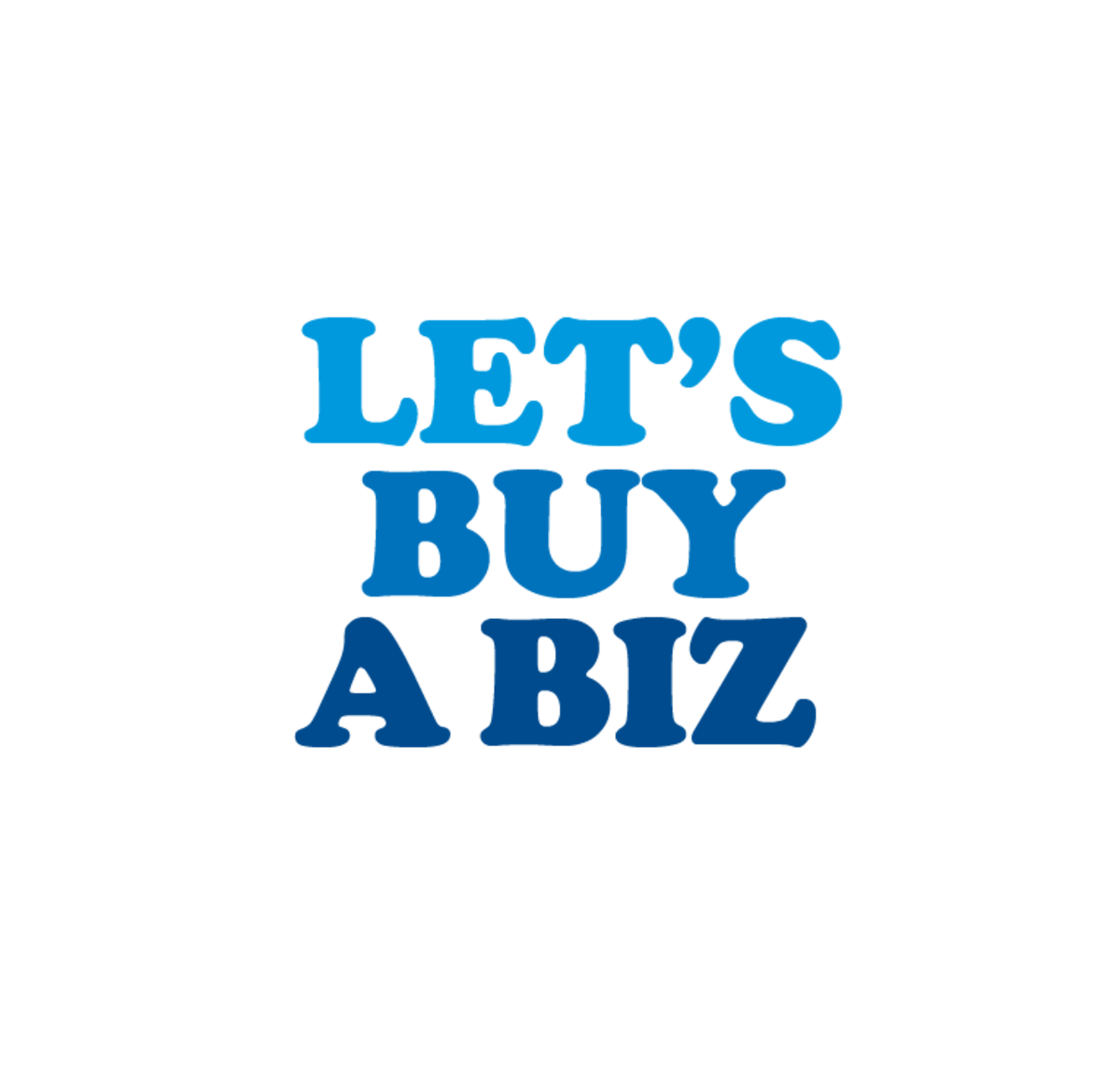TLDR:
Hello From Puerto Rico
Ivy Park's Death of Influencer Deals
Tool: See into your customers’ mind
Hello from Puerto Rico!!
This week I'm writing you from the sunny Puerto Rico for my bachelor party. Coming from the frigid NYC the 80 degree weather here is incredible. It really is an amazing place to visit and if you're a US citizen (no passport required).
Big thanks to the 773 tuning in. Going to keep this one shorter so I can go explore San Juan. We're going to be cover the debacle that is the Ivy Park deal and explore why it's the end of Celebrity endorsement deals without ownership.
Why Half-Endorsement Deals don't work.
Ivy Park (Beyonce + Adidas) will be 1 of the final Influencer distribution deals that marks the end of an era. Celebrities lending their name to a company with little to no involvement. This story is a good lesson in how to structure influencer deals as well.
If you aren't familiar Ivy Park if a clothing line launched in 2016 that's been produced and run by Adidas since 2019. The basic structure is Beyonce gets paid $20m/yr for Adidas to have the exclusive rights to produce and sell the clothing line.
The insane part is that Beyonce doesn't get a % of profit or performance. If sales increase or decrease she gets paid $20m This deal has been doomed since it was signed and it's no surprise this isn't working out for Adidas.
It shows why you can’t glomb a celebrity (even Beyonce) onto your brand and just expect sales to increase. If celebrities aren't actively involved in the brand and deeply care it's a waste of time for everyone.
To see how bad it's performing let's review the numbers.
1) In 2022 Adidas lost $10m on Ivy Park after Sales fell 50% to $40m.
2) 2023 Sales forecast is now $65m (-80% from original projections).
3) In 5/6 previous seasons half the inventory didn't sell through.
This had all the hallmarks of what people thought would be a smash hit. So it begs the question.
Why isn't this working?
1) It's not an real partnership and Beyonce obviously isn't an active participant.
These deals are improperly structured and vestiges of Retail focused models. Major retailers like Adidas expect that attaching a major celebrity name and pushing the product through retail channels. It's a tried and true playbook that has been working in fashion for decades. A celebrity become the face of the brand captures some press, than the retailer produces and pushes product through their channels.
The problem today is the cost of pushing traffic (Retail or online) is so high, and there are so many celebrity brands that a higher level of involvement is required. Clearly the Beehive isn't properly being activated to buy from Adidas.
2) Customer can smell the inauthenticity.
Considering that Beyonce has 295m Instagram (IG) followers pushing the type of traffic needed to sell 8-figures a year is very doable. If done well. She would need to be involved actively promoting, sharing updates the way a real business owner would to grow their business.
No one believes she is designing the line or making any decisions on what is going out. I'm sure that's not true and she's involved at some level, but Adidas definitely isn't getting their $20m/year worth. These types of collaborations always have their power plays between the 2 brands, but Adidas should be playing the long game here since these relationships require massive upfront investment for them.
When I used to work at LuMee ('16-'18) Kim Kardashian was an official brand ambassador who at the time crossed 100m followers on IG. She authentically loved the brand and would actively promote the product on social media. When she posted it drove meaningful traffic and sales. But she was also properly incentivized to post frequently and authentically.
Without getting into too many of the specifics... She owned a part of the business, was compensated for her posts and co-created products with the brand. She would get early looks at new products and give feedback that eventually made it into them. We also co-created a product line with her Kimoji business, putting Kimojis on the case designs.
She had multiple layers where she was incentivized to participate.
3) The deal structure is logical but makes no sense.
I'm sure Adidas was in a tough spot. Beyonce is one of the largest brands in the world. She has tons of negotiating leverage and in the Influencer wars of the late 2010s they had a a lot of momentum with other celebrities like Kanye West and Lorde.
But if you guarantee someone a $20m payment no matter what happens they clearly aren't going to be incentivized to give it there all. She had no take on the upside, no ownership in Adidas tied to performance and no real skin in the game to make it successful. Someone as busy as Beyonce needs a reason to stay in the game. Especially over a 5 year contract.
Which leads to my big question?
The surprising piece to me is why didn't she go DTC herself. In 2018 leading into this deal she had just purchased the balance of ownership from her previous partner. They pulled the line out of Topshop and instead of launching a Shopify site decided to enter into another deal with Adidas.
Considering Kylie Cosmetics launched in ‘15 and Fenty by Rihanna launched in ‘17, both $1bn+ exits there was a clear playbook for Beyonce to do the same. Celebrity fashion plays haven't been as successful, but between Victoria Beckham (Spice Girl) and Draper James (Reece Witherspoon) there are good examples.
Beyonce is going to be fine. She holds the record for most Grammys of all time and collected a $20m check every year from 5 years for Adidas. But this is still a lose-lose for both Beyonce and Adidas.
For Adidas:
Adidas is bleeding cash on this deal.
With the Kanye fallout they're losing $500m in sales there and have a weakened roster of celebrity endorsers.
Their brand is getting pushed out by celebrities going DTC.
For Beyonce:
She'll will have to deal with the fallout of an ‘unsuccessful brand’. This will impact future deals, the long term success of her line and .
The payments will dry up. The contract expires in '23 and Adidas can't keep paying her 50% of the total sales.
She didn't have a billion dollar exit. 👈 the big one for me.
If I was at the negotiating table back in time, assuming she wasn't going to go DTC, here's how I would have structured the deal.
1) Beyonce get's paid $10m in annual fees to lock her in. She doesn't do the deal without securing the bag.
2) 5% of sales above $25m annual sales that accelerates to 7.5% above $75m.
3) Then to lock her in long term Adidas stock options once Total Net sales for the line passed $250m.
While the math has to work on the deal itself the very important and unquantifiable piece of these kinds of deals is the brand halo. It's really difficult to measure but the amount of press hits, word of mouth, social posting that happens about your brand because the celebrity is attached changes your business forever. Even a 70+ year old brand like Adidas.
🧠 The Takeaway
If you're lucky enough the have a celebrity who wants to be involved in your brand make them an owner. Whether through literal equity, royalties/commissions, or a creator of a product. It's never easy to give up that much ownership or control, but if they're really worth it that's a drop in the bucket.
Always align incentives for Influencers/Celebrities. How do they win more the more you win.
There are many forms of compensation. Don't just take payments at face value.
Be careful who you pick to be an Ambassador/Endorser. Make sure they're really in and actually care about your brand.
👷 What can you do about this?
Influencer can be found out in the wild or home grown. Consider which route is right for your brand.
Always align partners to upside. If you're going to take a risk on them make sure their incentivized to hit your milestones.
Take more control over your finances and make the best decisions you can for yourself and your family.
Tool that Needs to be on your radar
Want to know what your customers are thinking without asking them? Use Hotjar. It's a screen recording tool where you can watch what your users are doing in their sessions. It's anonymized data so you don't have to worry about privacy issues.
You can record what someone looks at, hovers their mouse over, clicks on, when they leave. If you are spending money to update your site this is the first tool I use before anything else. for <$100/mo it'll save you thousands in dev hours and budget.
As always. Stay confident, connect with your customers, and keep crushing it.
Jeremy Horowitz
P.S. If you’d like to learn more check out some of our other resources:
If you're looking for daily insights like this follow me on Linkedin 🧠
To find out more about what we are working on 🏃 Shop News and Reviews

